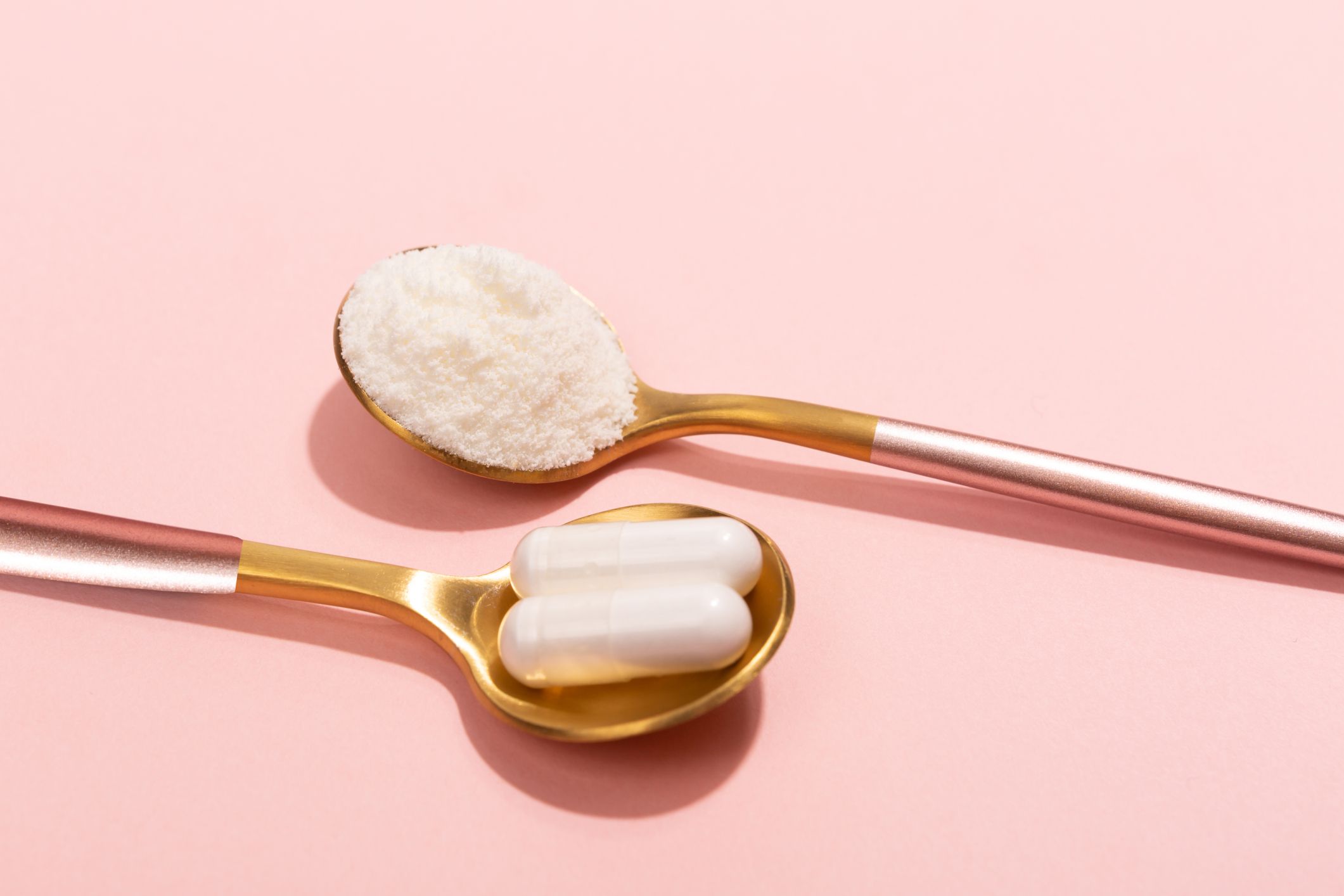Why is Vitamin K2D3 So Important?
Getting Calcium To Where Your Body Needs It
Ian Clark and Jamie Bussin
In Episode #182 of THE TONIC Talk Show/Podcast we spoke with health and wellness expert and CEO & Founder of Activation Products, Ian Clark about vitamin K2D3 and why it is so important to your health. This is an excerpt of that discussion. For the full interview please visit thetonic.ca
What is Vitamin K2D3 composed of? It is a specific combination of two vitamins, K2 and D3, that has a lot of scientific studies behind it. For maximum benefits you have to ensure that it includes a component of K2; that is MK7. Most D3 is derived from sheep’s wool or oil, but it should be vegetarian-based. Ours is sourced from lichen harvested in a certified organic environment. The K2-MK7 has been researched for bioavailability. It can transfer into the cell very readily. You also have to look at “half-life” – how long is it until the vitamin is only half as effective in your system as when you took it? You want the half-life to be 72 hours. The recommended dosages are different for different countries. For D3 it is 1000IU. For the K2-MK7 you can take as much as you want, but you don’t need large amounts.
How do K2 and D3 work together? D3 goes in and helps assimilate calcium from food. That’s why it’s added to the milk we drink. Your body doesn’t necessarily position the calcium where it is needed – in the bones, primarily. The calcium will often go into the cardiovascular system (where it can harden your arteries) or into joints (where it can contribute to the symptoms of arthritis), where you don’t want them. K2-MK7 works in conjunction with the D3 to get the calcium exactly where you want it; in your bones.
Which parts of your body are most impacted by K2D3? Your heart/cardiovascular system for one. And your overall structure. And your immune system, which is your entire body, if you think about it. You have cells throughout your body. You have interstitial fluid, which is the fluid outside and around your cells. The D3 goes in and provides a shielding. The cell permeability that would cause you to take in microbes is diminished. So you are dynamically supporting your body’s natural defences.
How does K2D3 impact the cardiovascular system? Every part of your cardiovascular system is pulsing. You have peristaltic movement throughout the whole system. When you get calcified (hardening of the arteries), they don’t pulse as well. This also impacts the ability of your body to get oxygen into the cells where it is needed. You breathe 11,000 liters a day. With calcification, the inside of your major arteries gets rough (which also happens if you have infection in your body).That roughness is what the small cholesterol particles (the LDL) catches onto. This can result in blockages of the arteries. Those blockages, in turn, can result in a heart attack.
Ian Clark is a health and wellness expert, advocate and CEO & Founder of Activation Products. For more information about Ian visit activationproducts.com




